The Hungarian State Opera House is preparing for the Liszt Fest with a major performance with acrobats and dancers: Bulgakov’s The Master and Margarita will be staged in the Eiffel Workshop Theatre in Levente Gyöngyösi’s brand new opera-musical. We talked to the musical-loving director Vajk Szente about the unusual performance.
What was your first reaction when Szilveszter Ókovács, the director of the Opera House, called you and asked you to direct such a piece?
I was very happy to be asked. Firstly, because I love The Master and Margarita. I find it a difficult novel, not easy to read psychologically, but nevertheless a incredibly interesting treasure in the history of literature. On the other hand, it is a majestic challenge, because the novel is seven hundred pages long and the lasts only for two hours. And it’s not easy to epitomize the story to that extent, and I was inquisitive to see how Levente and his group managed it.

We are talking about a strange hybrid, an opera-musical, what does that mean?
The music was exciting on first listening: classical opera music on the one hand, rock music on the other, and thirdly, there are musical elements. It is eclectic, but that is a matter of detail, because the Bulgakov novel itself is just as complex. There is Moscow in the 1930s, there is Jerusalem in the first century and, if we are talking about Satan’s Ball, there is a kind of surrealism. And so the music can change at will, because Bulgakov’s novel also jumps around in time and style. So I felt, as Szilveszter Ókovácss thought, that it was very much in line with the way I structure my performances. Not to adapt to any kind of operatic trends, but to work on the piece based on the situations, to tell the story. Even if certain parts are dramaturgically incomplete, as this is unavoidable due to the contraction. However, in a four-minute Margarita aria, you can tell, like in a video clip, the break-up with the husband, the brooding in the park, so a lot of the things Bulgakov described.
Have you worked with opera singers before?
No, this was my first opera directing.
At that time, everyone had to cope with a lot of new things, you couldn’t rely on familiarity…
I can’t deny that the look and visuals of the performance are like a grand musical, so it was a brand new experience for the singers, and for me it was working with them. Not to mention that it’s a contemporary work, the first non-concert performance of which has just had its first real premiere in world history, with Levente Gyöngyösi’s piece. In other words, there was no preconceived idea of the singer saying, “yes, someone used to do this or this way or that”, but the singers had to start building it from a scratch – with me.
How did the acrobats get involved in the production?
I love circus as a genre, and it was quite obvious that since Woland was going to Moscow as a famous magician, he had to own the air. Thankfully we have very good contacts and contigence for that, and the circus people helped a lot in getting the right quality of acrobats in the show. So that’s a great virtue of the show.
And the dancers?

Without the dancers, there’s no musical theatre, not on such a grand scale, so they completely weave the story. I’m really not exaggerating when I say that they almost never leave the stage because they are so much part of the bloodstream of the show, they are an essential part of the performance. So it’s not as if there’s a dance interlude from 9:5 to 9:8, but it’s a dance-infused The Master and Margarita.
You mentioned that the music also mixes different genres. Do these represent the different venues in the piece? So is there a distinct style for Moscow in the 1930s and, say, Jerusalem?
There’s no such sharp distinction, Levente always lets rock music sound in according to the situation, always pulls it into an operatic quality according to the situation, or even into the direction of the musical, as the case may be. There is a lot of rock music in it, for example in Woland’s grand aria there is rock music, but in the next moments, when it is played, there is a nice operatic part. The production boldly switches between these genres and styles – just as Bulgakov wrote this novel with such a brave hand.
The Master and Margarita on 9 October 2021, 7 pm, at the Eiffel Art Studios – Miklós Bánffy Stage.
Interview: Győző Nagy
Translation: Nóra Fehér

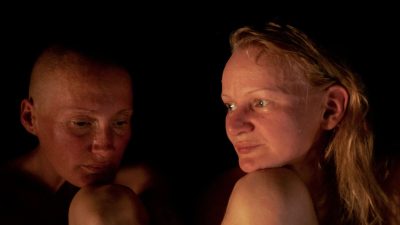
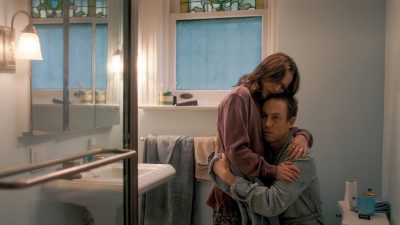
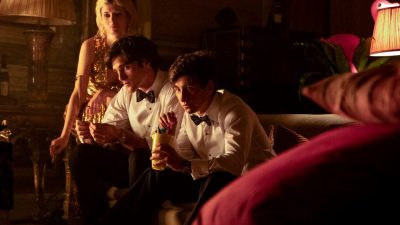
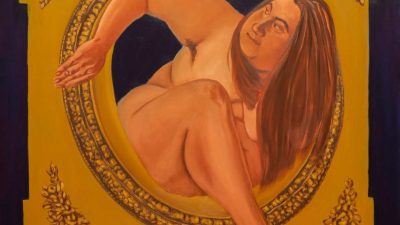
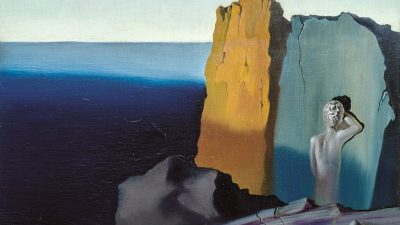
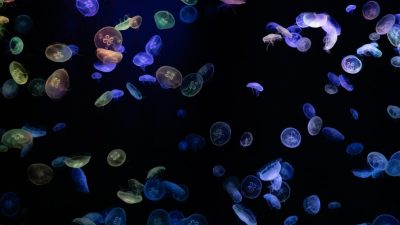


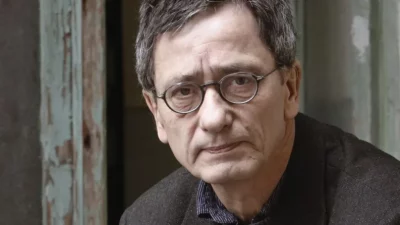



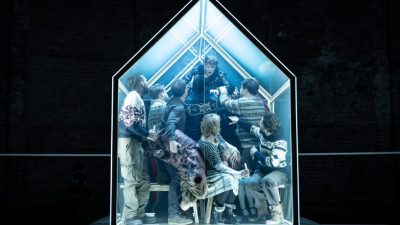
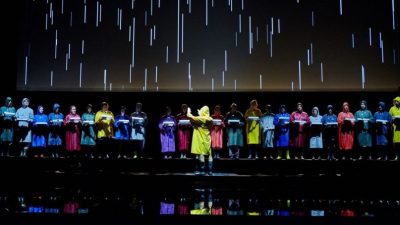


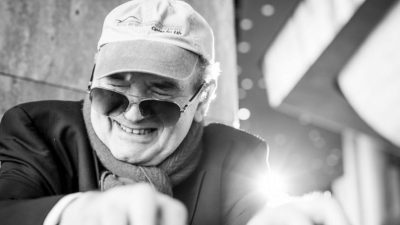


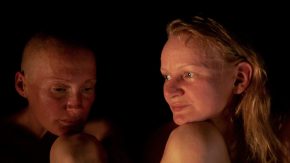
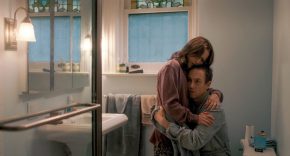
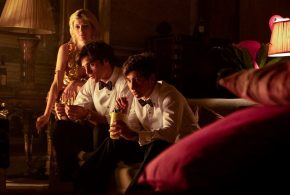
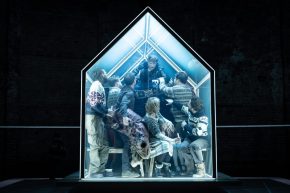

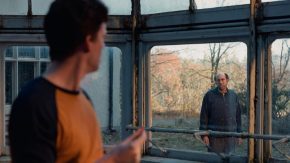
Comments